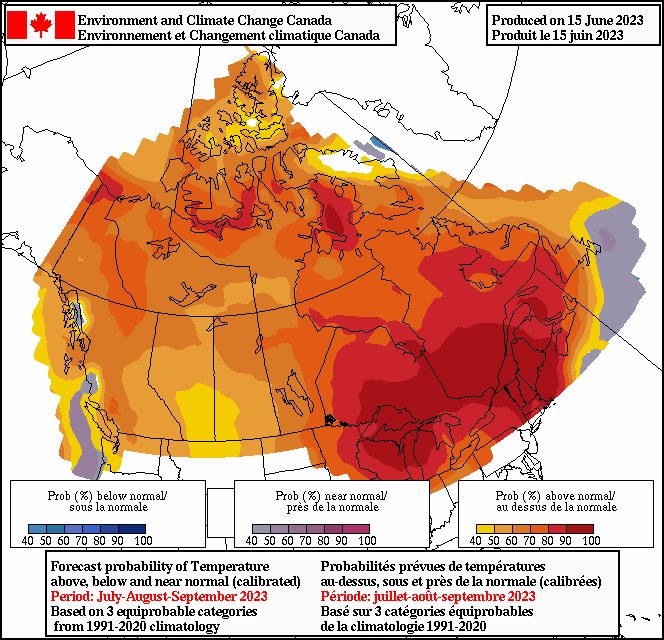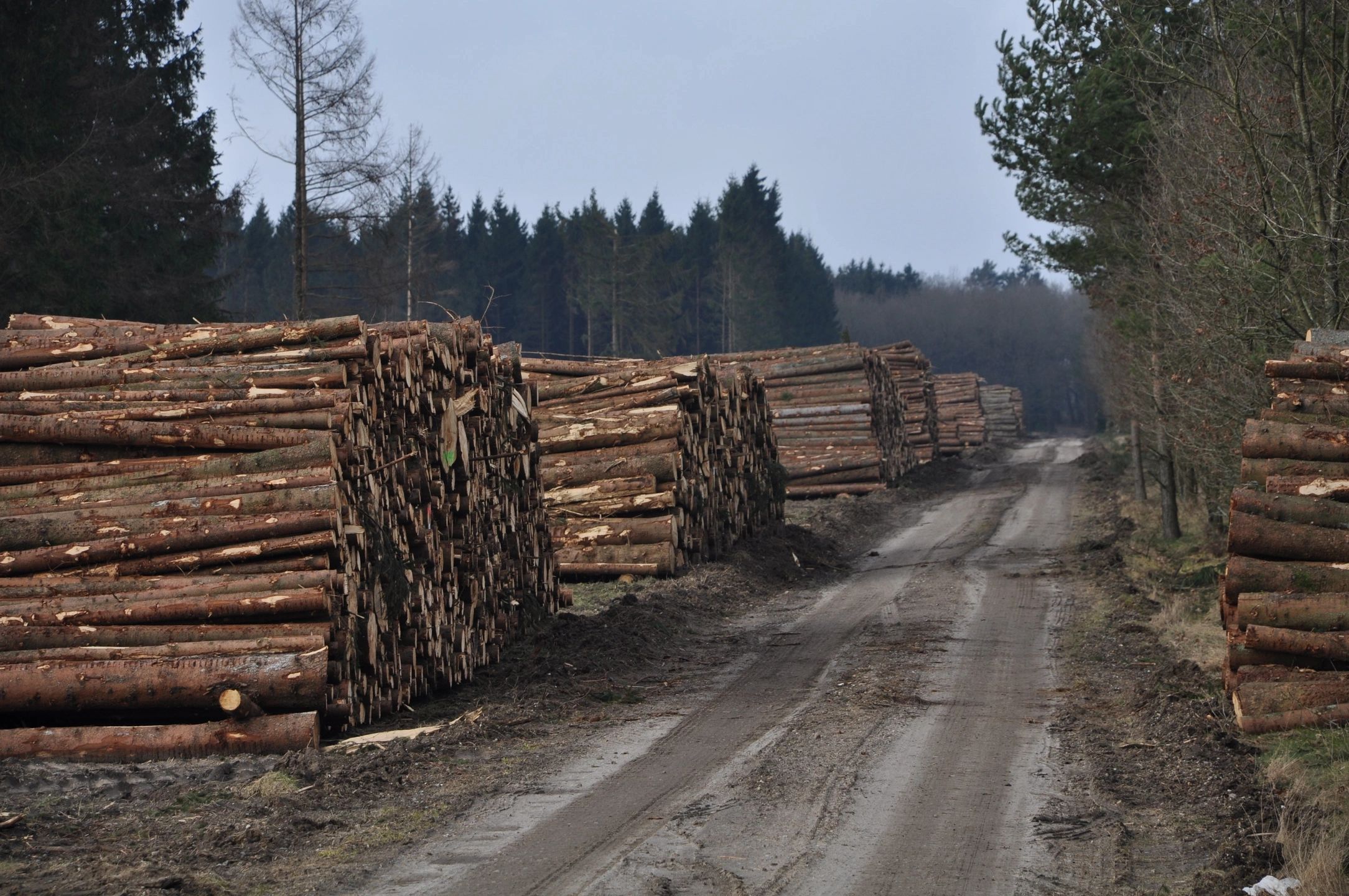
“In anticipation of a warmer, drier summer and its associated severe conditions, Canadians are urged to regularly monitor weather forecasts, take all weather alerts seriously, and get prepared for weather-related events by developing an emergency plan.”
As we enter the month of July, Environment Canada predicts that the majority of Canada will encounter temperatures higher than the normal range, a consequence of ongoing climate change.
According to the weather agency, Vancouver Island is expected to have a 60 percent likelihood of experiencing above-average temperatures, while the North Island has a 40 percent chance.
Among the provinces, Ontario and Quebec have the highest probabilities of encountering elevated temperatures.
Environment Canada, in a recent news release, stated that these anticipated temperatures from July to September continue the trend observed in June, where the northern Prairies, northern Ontario, and northern Quebec already witnessed temperatures surpassing the usual averages.
The news release further highlights the distressing impact of wildfires on various regions across the country, attributing them primarily to heightened temperatures and seasonal aridity linked to a warming climate.
According to the weather agency, the severity of heat waves is intensifying due to climate change, along with the emergence of dry conditions, wildfires, and heightened hazards associated with heavy precipitation.
Furthermore, climate change has the potential to result in more pronounced rainfall, leading to an escalated likelihood of floods.
The first official day of summer is Wednesday.


